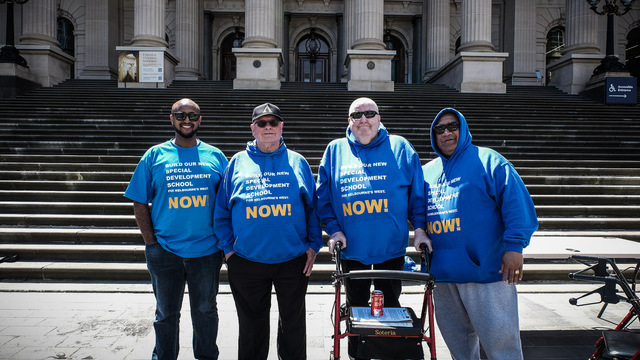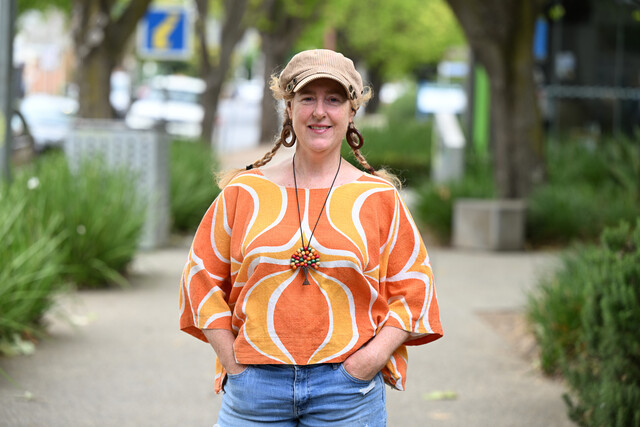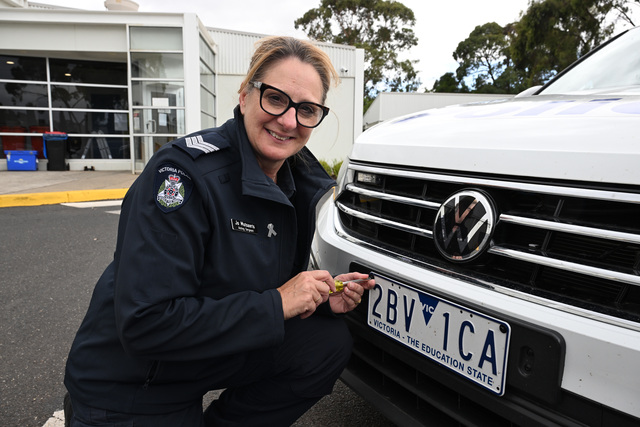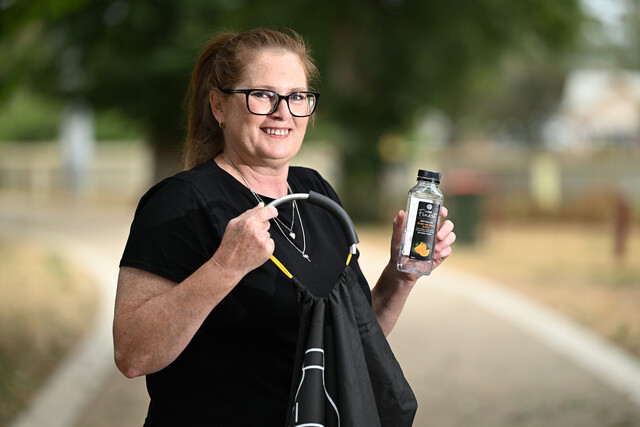Sarah Cafferkey, 22, would light up any room she walked into. She loved to dance, had a “bubbly personality” and was studying social justice.
But her life was cut short when Steven James Hunter, a convicted murderer with a raging drug habit, brutally murdered the Bacchus Marsh woman and dumped her body in a wheelie bin in November, 2012.
A life was cut short and a community let down because of systemic failures, Sarah’s mother Noelle Dickson told Star Weekly.
Ms Dickson has joined the families of four other murder victims – Raechel Betts, Joanne Wicking, Evan Rudd and Douglas Phillips – and the victims of two sex attacks to sue the state of Victoria for negligence and breaching its duty of care to them. The crimes involved were committed by offenders on parole or under supervision orders.
“How can this keep happening?” Ms Dickson asked. “For me, I want changes made – I want changes to protect the community. That’s my main reason for launching this legal action.”
She said that since Sarah’s death there had been several reviews into Victoria’s justice system, and there had been more murders committed by offenders on parole.
“All the reviews are saying there are faults … the state government are saying they’ve introduced these new laws, but if the workers aren’t following through, and if there are lots of faults with communication between authorities, that’s not good enough.”
Ms Dickson believes case workers should be required to report everything “whether they think it’s relevant or not”.
She said that in Sarah’s case, some of the things the caseworkers thought were not relevant went unreported.
“That’s not good enough – it’s not what we expect, it’s not what the community expects,” she said.
Ms Dickson said she would continue to seek justice for her murdered daughter.
“I just feel like I need to do this for Sarah,” she said.
Shine Lawyers social justice solicitor Paula Shelton, who is running the parolee crimes actions, said she was confident the state government would be “compassionate” and “proactive” in resolving the cases.
“Our clients have lost family members or been injured as a result of a failed corrections system,” Ms Shelton said. “Their lives have been profoundly affected and they do not want other families to go through what they have had to suffer.
“Most of our clients have suffered injuries, including post-traumatic stress disorders, depression and anxiety … these conditions have significantly impacted on the quality of their lives.”
















